ABA Therapy
Applied Behavior Analysis Therapy
Applied Behavior Analysis (ABA) therapy is an evidence-based intervention primarily used to help children with Autism Spectrum Disorder (ASD) and other developmental conditions. Here are several reasons why kids may need ABA therapy
ABA therapy is a valuable tool for helping children with ASD and related conditions develop essential skills, reduce problematic behaviors, and improve their overall quality of life. Early intervention through ABA can lead to significant long-term benefits for children and their families.
Why Do Kids Need Occupational Therapy?
Applied Behavior Analysis (ABA) therapy is an evidence-based intervention primarily used to help children with Autism Spectrum Disorder (ASD) and other developmental conditions. Here are several reasons why kids may need ABA therapy
- 1 It can help children develop functional communication skills, enabling them to express their needs and desires more effectively.
- 2 The therapy focuses on teaching children everyday skills such as dressing, grooming, and following routines, promoting independence.
- 3 ABA techniques can help children improve focus, attention, and classroom behavior, which contributes to better learning outcomes.
- 4 ABA therapy often includes training and support for parents, equipping them with strategies to reinforce learning at home.

Who can benefit from ABA Therapy ?
therapy can benefit a wide range of individuals, particularly those with various developmental and behavioral challenges. Here’s a summary of who can benefit from ABA therapy
Here are 5 features and benefits of Child ABA (Applied Behavior Analysis) Therapy:
Personalized Treatment Plans – Each child receives a customized program based on their behavior and developmental goals.
Positive Reinforcement – Encourages good behavior and learning through rewards and motivation.
Improved Communication Skills – Helps children develop verbal, nonverbal, and social communication effectively.
Behavior Management – Reduces challenging behaviors and promotes positive social interactions.
Life Skill Development – Enhances independence by teaching daily routines, self-care, and problem-solving skills.









